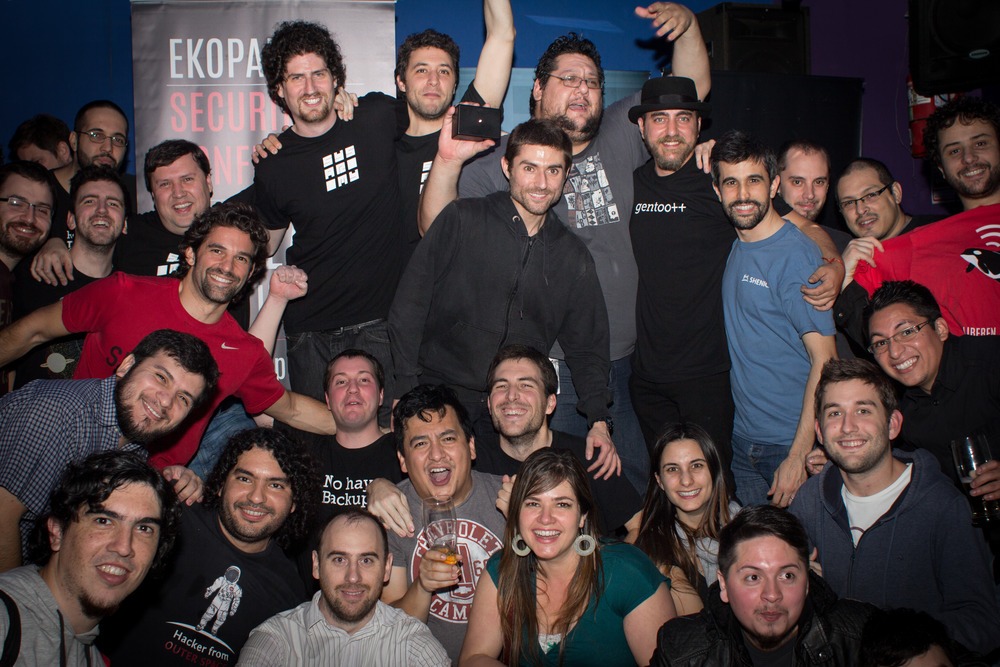Over the past few decades, most companies have become IT companies. No matter what products or services they provide, businesses have shifted in such way that they need to work with computers. Not only computers, but large arrays of interconnected machinery with special, climate-controlled places to store their data and important equipment.
Linux without a doubt has accelerated and facilitated this shift in many ways, and sysadmins became a necessity, with the role of building all of the infrastructure and then being the point of contact for whenever something didn’t work. Now sysadmins are also increasingly responsible for the actual day-to-day operations of a business — delivering products and services as well as keeping email and networks running — a stressful position even in the best of times.
When things do go wrong, the worst thing a sysadmin can hear is,“It’s not working.” We hear that a lot, all the time. Here’s what’s actually going on inside our heads when we hear that:
“It’s” — When rushing to the SA’s desk, many people assume that we are aware what they are talking about. That’s not true most of the time, because we are dealing with many things at once. This assumption makes us load in our minds a list of all the assets we manage.
“not” — We think of a list of power tools, hazardous materials, and natural catastrophes.
“working.” — Now we combine the two scenarios and start thinking of ways in which they might be interacting to disrupt the service, probably starting from the 8th layer of the system, going through all the cables and wires, to the ISP, and the data center/cloud where the servers are running.
And after all of this mental exercise, our response is often “It works for me.” — which is the worst thing you can say to a user. This is the most probable cause of why sysadmins (and other IT professionals) can be misunderstood in the workplace.
Note for users: If you have a problem and you need to contact your sysadmin, please provide as much information as you can.
AdminFest
Thus, AdminFest was born, as a safe harbor for sysadmins in their day of celebration. To rescue them from this eternal dance with our users.
We started the Buenos Aires-based event in 2009 (for the 10th anniversary of SysAdmin Appreciation Day) with a series of YouTube videos, which depicted the daily life of some sysadmins that weren’t able to communicate with the rest of the world because of the cryptic slang they used. Then we released a video with a therapy session for them (Administrators Anonymous) in which viewers were invited to the party.
The next year, we released a video explaining that we had been so busy keeping the uptime high and with being on-call that we hadn’t had the time to organize the party. In less than two days, we got more than 15,000 views (remember, in 2010, that number of organic views was a lot!), so we ended up doing something small to keep AdminFest going.

A few years later, sysarmy, the local IT community, was born as the “Support for those who give support.” And in that spirit, for this 8th AdminFest edition, we want to do exactly that: support those who help others in our Q&A platform, sysarmy.com/help. Each 500 points a participant earns, he/she gets a free drink in return!
This SysAdmin Day, I encourage all IT professionals to find support in our peers — all of us tired of hearing “It’s Not Working” — and attend (or start!) your own local sysadmin group. It’s a refuge in which, no matter how much things may change, we all speak the same language: beer.
Happy SysAdmin Day!
Ariel Jolo is the creator of AdminFest and founder of sysarmy, an OSI affiliated IT community.





